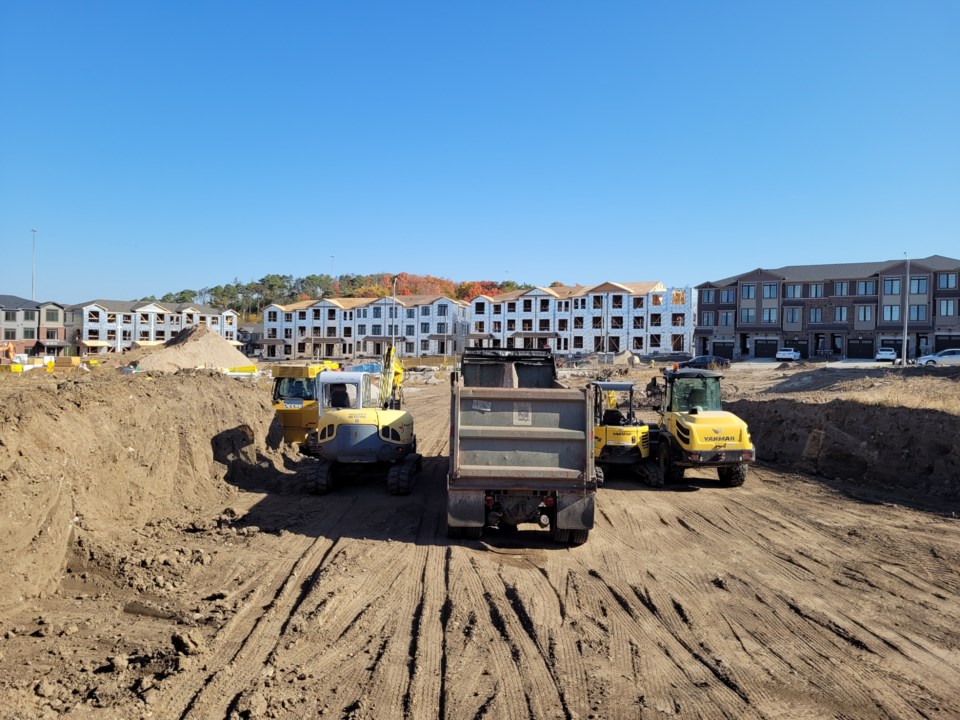The city's goal to incentivize the construction of more affordable housing could get a $21 million boost from the feds if it is selected to participate in a Housing Accelerator Fund (HAF) program.
Planning staff says it applied to the Canada Mortgage and Housing Corporation (CMHC) run program in August, outlining an action plan it has developed with eight strategies the city could take to help get those units built.
The city's action plan would cost around $10 million to implement over the next four years and would create 603 new residential units.
Staff will seek council's endorsement of the action plan this week, including direction for staff to enter into a future contribution agreement between the city and CMHC to receive financial instalments.
The $21 million the city could be eligible to receive through the program would be directed at the estimated $10 million cost to implement its action plan, affordable housing, housing-related infrastructure projects and community-related infrastructure projects.
The eight city-led Initiatives in the action plan are aimed at accelerating building permits for new affordable, missing middle and multi-unit housing.
The city doesn't think it can go it alone. Six of eight initiatives of the Action Plan are reliant upon HAF funding to proceed.
Each initiative includes a series of milestones, which may have commenced as far back as April 2022 and must be completed before the end of 2027.
They include a plan to establish a pool of land that will be advanced through the province's Rapid Building Sites program for housing and developed by builders selected through a request for proposals process.
The city has already identified six potential surplus land sites for the development of affordable housing.
Staff say about $4.25 million in HAF funds would be needed for this initiative to purchase land and retain a consultant to prepare concepts for redevelopment.
The second initiative in the action plan involves building a customized digital platform that creates a three-dimensional digital environment to rapidly evaluate development proposals based on real-time, existing-conditions data. The platform would cost about $2.7 million.
Other initiatives in the plan include completing the Hespeler Road Corridor Secondary Plan and a Community Improvement Plan (CIP) at a cost of about $1 million.
It will provide a planning framework to guide future development and redevelopment in the area, with a focus on Major Transit Station Areas and financial incentives to support missing middle housing projects in targeted areas around the MTSAs.
The South East Galt and Main Street and Dundas Street East Community Improvement Plan would also prioritize missing middle housing and offer higher density permits on targeted sites in exchange for parkland or cash in lieu of parkland with a goal to increase the supply.
Property owners who want to build additional residential units would also get financial assistance through the action plan with about $1 million available to offset the cost of permit drawings, service connection upgrades and electrical panel upgrades.
The city would also update its zoning bylaw by collapsing 16 residential zones currently identified in the bylaw down to just six in order to simplify "an overly complicated and restrictive land use planning framework."
Other initiatives in the plan aim to further reduce red tape and streamline the system through the creation of a development guide portal.



